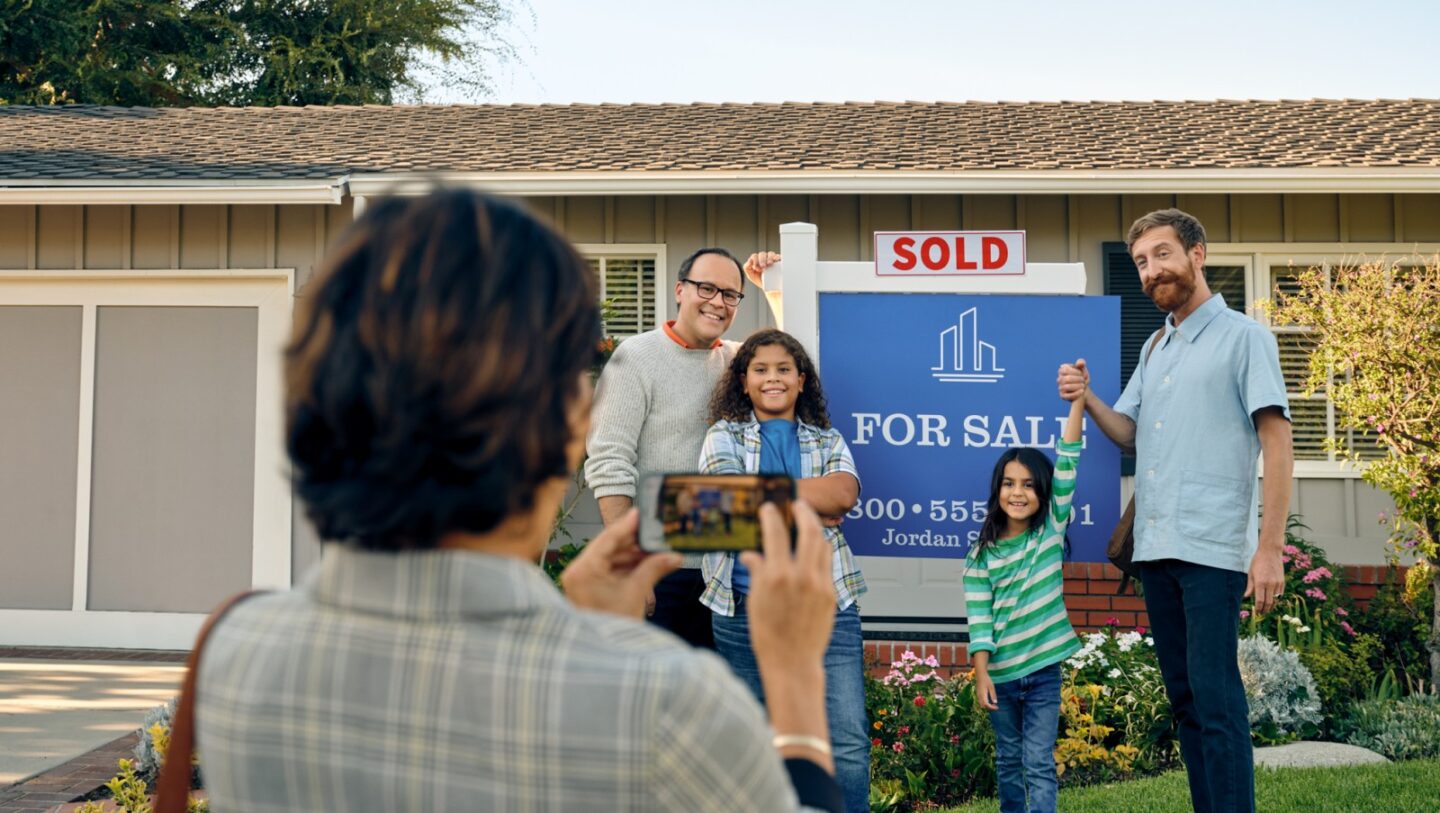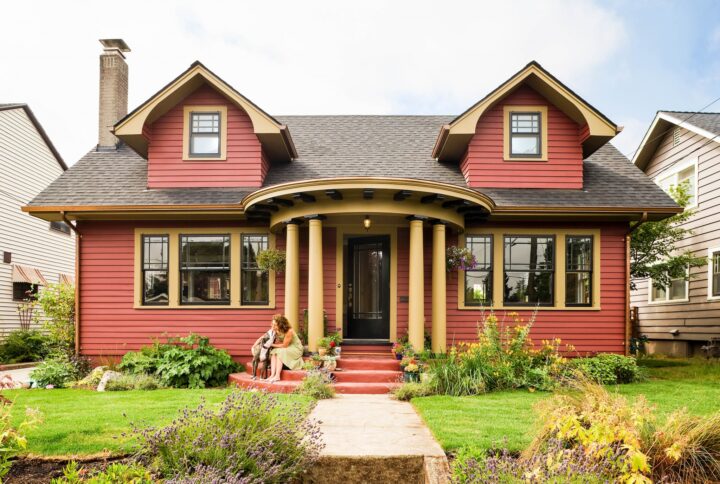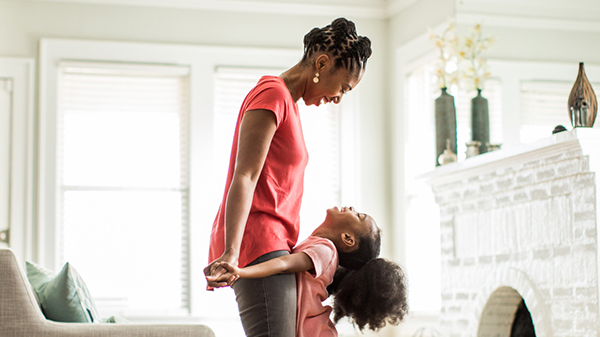Earnest Money vs Down Payment: Is Earnest Money Part of the Down Payment?


Written by Jessica Rapp on November 10, 2024
Once you’ve found a home you want to buy, it’s important to show the seller and your lender that you’re serious about moving forward. While your earnest money deposit and your down payment both help show your commitment to purchase, they serve different functions. A healthy earnest money deposit can make your offer more competitive to the seller, while a higher down payment can help lower your monthly mortgage costs and show your lender you’re less of a financial risk.
When it’s time to close on your new home, all funds will be dispersed to the relevant parties. That includes applying your earnest money to your down payment, making your down payment to your lender and paying your closing costs fees. Zillow’s Mortgage Calculator can help you estimate a comfortable mortgage payment based on different loan details, so you’re more prepared once you’re ready to buy a home.
Is earnest money different from a down payment?
Yes, your earnest money is different from your down payment. Earnest money is a good faith deposit you make into an escrow account after your offer is accepted to show the seller your commitment to buy. A down payment is a portion of the total purchase price you pay at closing when you’re using a mortgage loan to finance the home purchase.
The average earnest money deposit is between 1% and 3% of the sale price. In highly competitive markets, you may see earnest money deposits as high as 10%. Down payment amounts will vary depending on how much you’re comfortable paying upfront for a home and how much your lender requires you to put down to qualify for financing. Usually the amount is between 3% and 20% of the purchase price.
Does earnest money go towards your down payment or closing costs?
At closing, your earnest money will be applied to your down payment and dispersed to your lender by the title or closing agent who is managing your escrow account.
Since most earnest money deposits are between 1% and 3% of the sale price, you may pay an additional 2% to 19% towards your down payment at closing depending on how large of a down payment you’re making on the home purchase. In addition, you’ll pay closing costs fees for all the services provided in order to finalize the sale. While your down payment will be applied toward the total purchase price of the home, your closing costs will be added to the final sale price.
Who gets the earnest money if the deal falls through?
If the deal falls through because of a contingency listed in your purchase and sale agreement, the earnest money is usually refunded to you — the buyer. If you choose to back out of the purchase for a reason that isn’t covered by a contingency, your earnest money will be forfeited to the seller. If the seller is the one to cancel the deal, your earnest money will be refunded to you in the same form it was received.
When buying a home, including a home inspection, appraisal and financing contingency in your agreement will help ensure that you get to keep your earnest money deposit should any issues arise. According to a 2022 Zillow survey of successful home buyers, 98% of buyers said they included a contingency in at least one of their offers.
How much home can you afford?
At Zillow Home Loans, we can pre-qualify you in as little as 5 minutes, with no impact to your credit score.
Zillow Home Loans, NMLS # 10287. Equal Housing Lender
Get pre-qualifiedHow much home can you afford?
See what's in reach with low down payment options, no hidden fees and step-by-step guidance from us at
Zillow Home Loans.
Zillow Home Loans, NMLS # 10287. Equal Housing Lender
Calculate your BuyAbility℠



